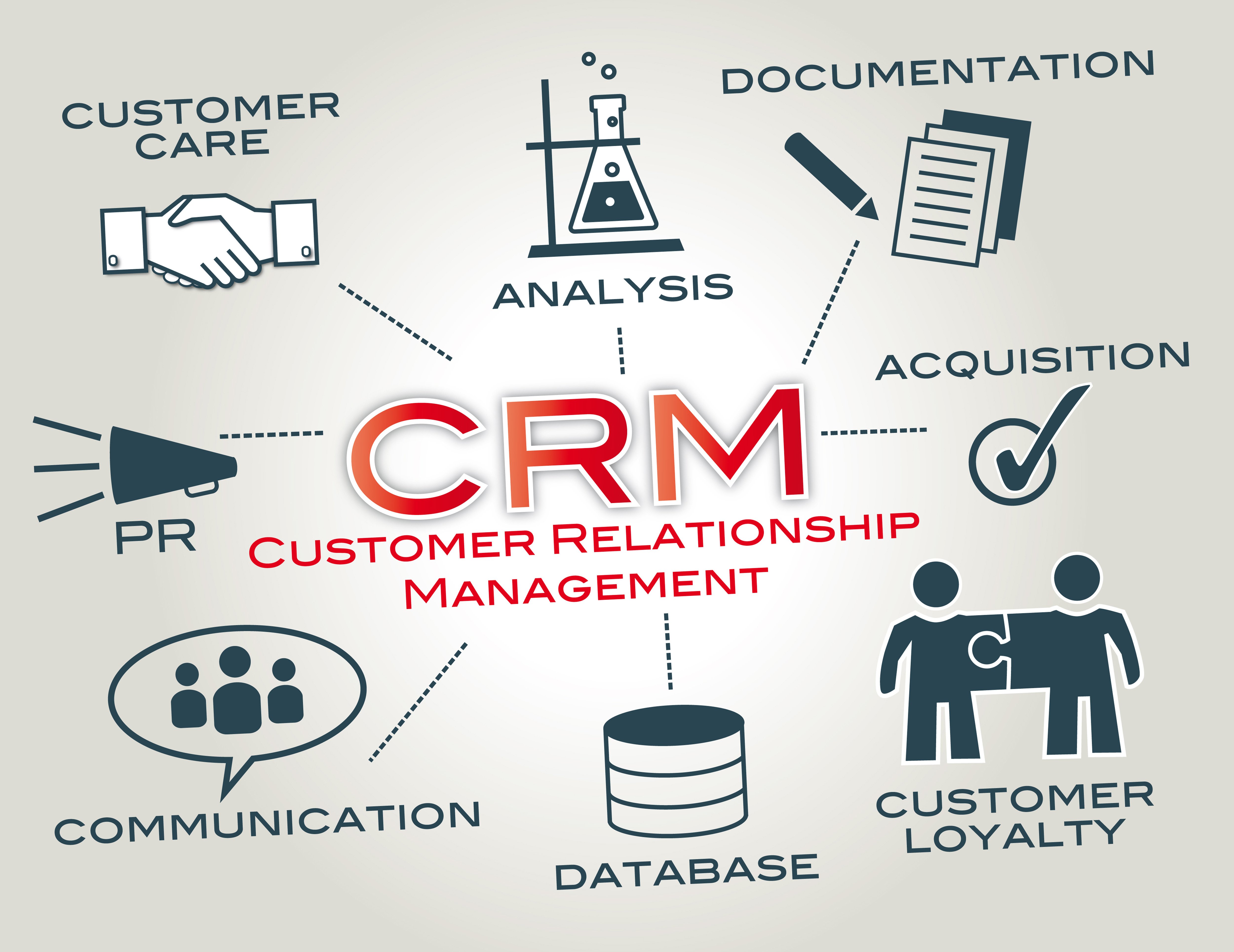A Beginner’s Guide To CRM
For someone who’s into business and sales, surely, keeping track of customer contacts and records is extremely important. Storing customer contacts and sales data files on spreadsheets are insufficient in today’s high demand for efficiency in business processes, most especially in sales. If you’re in dire need of help in this area, you might want to consider having a sales CRM software. Before you start browsing for available CRM software in the market, you must understand first what CRM is and how it can positively impact your business.
Intro to CRM
CRM stands for Customer Relationship Management. It’s a kind of software that’s developed for the primary purpose of managing all customer related data. It goes beyond storing basic contact information of your customers and sales leads. It enables you and your sales team to organize and manage all sales transactions in one place collaboratively. Some advanced forms of CRM software can integrate social media, generate reports and resume templates, and offer a cloud-based system for multi-app management.
What to Look for in a CRM
- Cost – Consider your budget and aim for CRM systems with minimal price. Online cloud-based systems are usually the ones that come in lower price tags since you won’t need to purchase a server and pay for additional costs on installation. You also have to watch out for any hidden fees if there’s extra features.
- Data Security – You’re going to put a massive amount of confidential data into your CRM software, so you better be sure that it has robust data security features.
- User-Friendliness – Your CRM has to be one that’s fast and intuitive, from the layout, buttons, to functions. Some CRM developers even go the extra mile and design the system’s environment to be visually appealing, yet professional.
- Focus – CRM software varies in some aspects with regards to function. It’s not only for market competition purposes but also for addressing different business needs. Here are four types of CRM based on focus of function:
-
- Contacts Database – This type offers a comprehensive database of your customers’ and leads’ contact information. You may add in notes and log interactions. This one’s the simplest and most basic type, so it also costs lesser than other kinds of CRM.
-
- Pipeline Manager – This CRM gives you an overview of all your active leads and the top deals in a specific timeline. This way you get to forecast which deals are more likely to become successful, so you know which you should focus on.
-
- Transaction-Based – Do emails, SMS, or calls play the most vital role in your business process? This CRM efficiently organizes and correlates conversations, calls, emails, chats, and feedbacks across all team members. Every step of the transaction is sorted to the corresponding contact’s account or profile, which makes it easier for other team members to retrieve whenever is needed.
-
- Marketing Focused– If you want a CRM that’ll move your team into action in reaching out to more customers and leads, try looking for this type of CRM. Of course, it all starts with hiring the right sales team that can deliver per your expectations. Hire after reviewing their resume templates and making sure their experiences matches your organizational goals. It suggests auto-workflow and then notifies you when it’s time to reach out to leads and customers through emails or other forms of communication.
Features of Advanced CRM Systems
As the need for higher efficiency keeps rising, automation is becoming a fast solution to the problem. Advanced and updated versions of CRM systems now offer additional features such as this one:
- Generates Resume Templates and Reports – Advanced CRM systems have the ability to generate resume templates and reports. This feature is ideal for those who are looking to provide reports for specific areas of your business or if you want to build a strong resume for job opportunities.
- Cloud-Based Database – Storing data over the internet is like saving it in a virtually infinite server. Some recent CRM system providers are offering this kind of feature for their software. This can save you both office space and cost.
- Social Media Integration – Social media is like an unlimited source of leads and can also be used to predict consumer behavior, which is good for market research intelligence. This integration technology will also enable you to manage your social media page and monitor your performance on the CRM through its built-in data analytics.
- AI Automation – The use of Artificial Intelligence in automation is becoming a trend, and CRM creators have found a way to incorporate this technology into their CRM software. Given all data input and business workflow processes, AI automated CRM can bypass less relevant processes and make recommendations at the same time. With machine learning capabilities, the system automatically improves, continually refining its performance to suit your business needs.
- Mobile Capability – Many CRM software options now come in app versions. This will allow you to work remotely whenever and wherever, as long as you have your phone and stable internet. This is closely tied to cloud-based technology as well when accessing files and data.
CRM is built to make your work more efficient, but it still requires human input, especially when you’re still building up your database or when the AI is still at an initial learning phase. And like any tool, it also requires maintenance and monitoring for it to continue to work efficiently.

